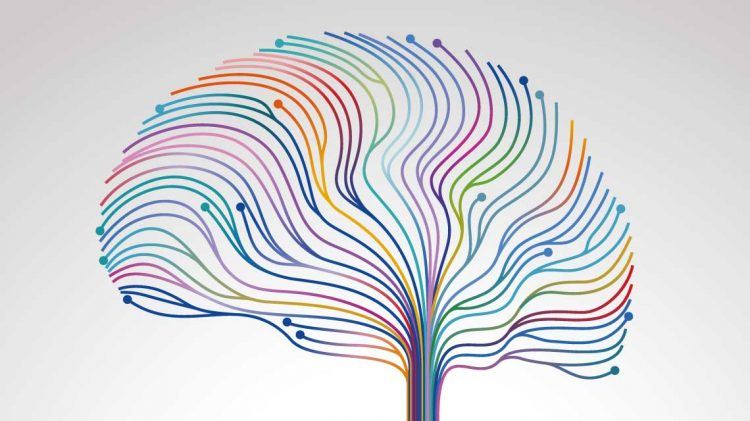
More than
a fit body
Mental Health is Wealth
December 13, 2016Mental Health is Wealth
December 13, 2016Yes, working out feels great and improves your overall physical well-being immensely. It builds strength, enhances your stamina and boosts energy. Furthermore, being physically active can lower your risk of illnesses including heart disease or type 2 diabetes. And while we won’t argue that muscles and a fit body are certainly pleasant, the positive effects of exercise go way beyond.
Regular physical activity comes with tremendous mental health benefits that are worth looking into. For a start, there is an undeniable connection between our mood and working out. If you exercise regularly, you are probably familiar with that post-workout high after a good run, swim or whatever activity you’ve chosen to engage in. In an article for “Monitor on Psychology”, Kristen Weir explores “The exercise effect”. She cites research that not only shows the effects of physical activity on short-term mood-enhancement, but also how it can benefit the treatment of long-term depression. We are not suggesting that physical activity should altogether replace other forms of therapy, but its effects on mental health should nevertheless be emphasized.
First of all, let’s talk about endorphins and how they affect our mood. Endorphins are neuropeptides, biochemicals that our body produces when we encounter moments of stress or pain – and also when we work out. Endorphins function as a natural pain reliever similar to the pain medication morphine and therefore make us more insensitive to the undergone stress. When these hormones are released in the hypothalamus and pituitary gland of the brain, our bodies can experience a sense of euphoria. In relation to sports, this is referred to as a „runner’s high“. But it’s a little too easy to jump to the conclusion that the mood-enhancing effect is solely due to endorphins, as it is often suggested. Working out and being physically active also raises the levels of other neurotransmitters in the brain such as serotonin or norepinephrine.
Low levels of serotonin in the brain are linked to depressive moods as well as states of anxiety and fear. Since serotonin can play a central role in the origin and treatment of mental illnesses, it is also referred to as a “happiness hormone”. Norepinephrine is a stress hormone, such as adrenaline. Norepinephrine affects how we react to stress and triggers the so-called “fight-or-flight response”. When confronted with potential danger our bodies prepare to either fight the imminent threat or get away from it as fast as we can. In such instances, our breathing and heart rate increase and we tend to be able to think clearer. And while it sounds odd that a stress hormone promotes mental health, this seems to be the case. Similar to the neurotransmitter serotonin, low levels of norepinephrine can be at the root of depression. This is why both serotonin and norepinephrine are targeted in antidepressants used to treat depressive moods and other anxiety disorders.
When we explore the connection between physical activity and mental health, most of it comes down to science. As shown, the hormones released during a workout can help decrease stress, depressive moods and anxiety. Still, let’s not leave out the importance of building confidence along the way. Finding a workout routine that you actually enjoy, noticing improvements in your physical (and mental) well-being as well as setting goals and reaching them can benefit your self-esteem tremendously. Finally managed to set your alarm 30 minutes early to go for that run you kept delaying (and felt bad about)? Made it to the gym after a busy, stressful day and released some tension? The sense of accomplishment you feel after successfully pushing through a tough training session is uplifting. Leave your comfort zone by trying a new sport or activity and surprise yourself. The key here is to realise that you are working out for yourself. Let go of unrealistic expectations and see physical activity as a tool to improve your overall physical and mental health. Internalising this thinking can really take the pressure off and change the way you look at exercising.
Looking for a way to brush the dust off your current workout routine and challenge yourself? Say hello to High Intensity Interval Training (HIIT).
Image by Anita Ponne/shutterstock


